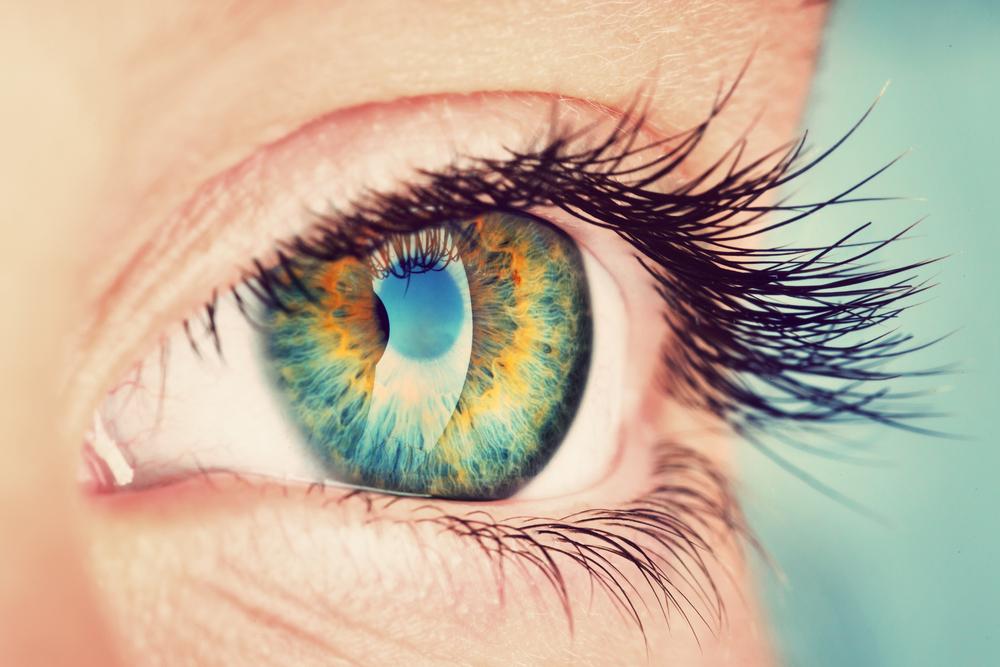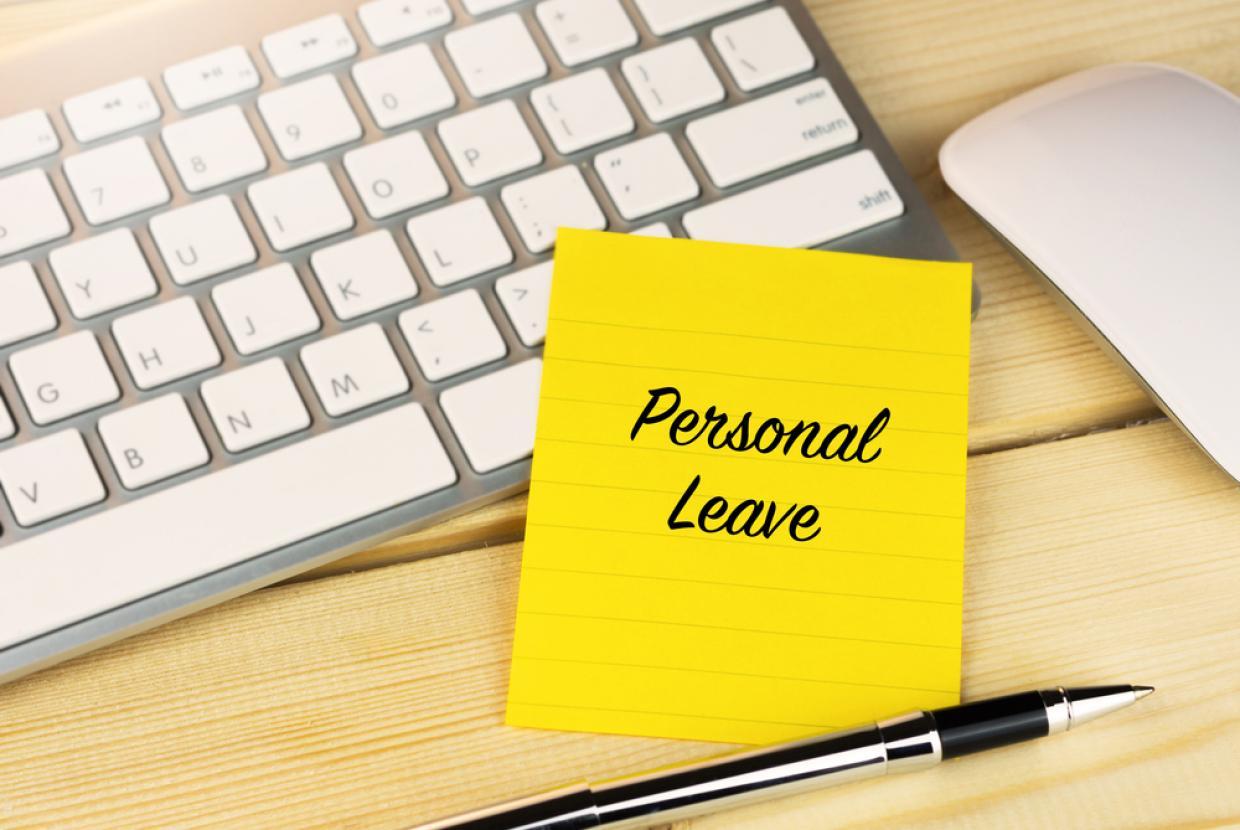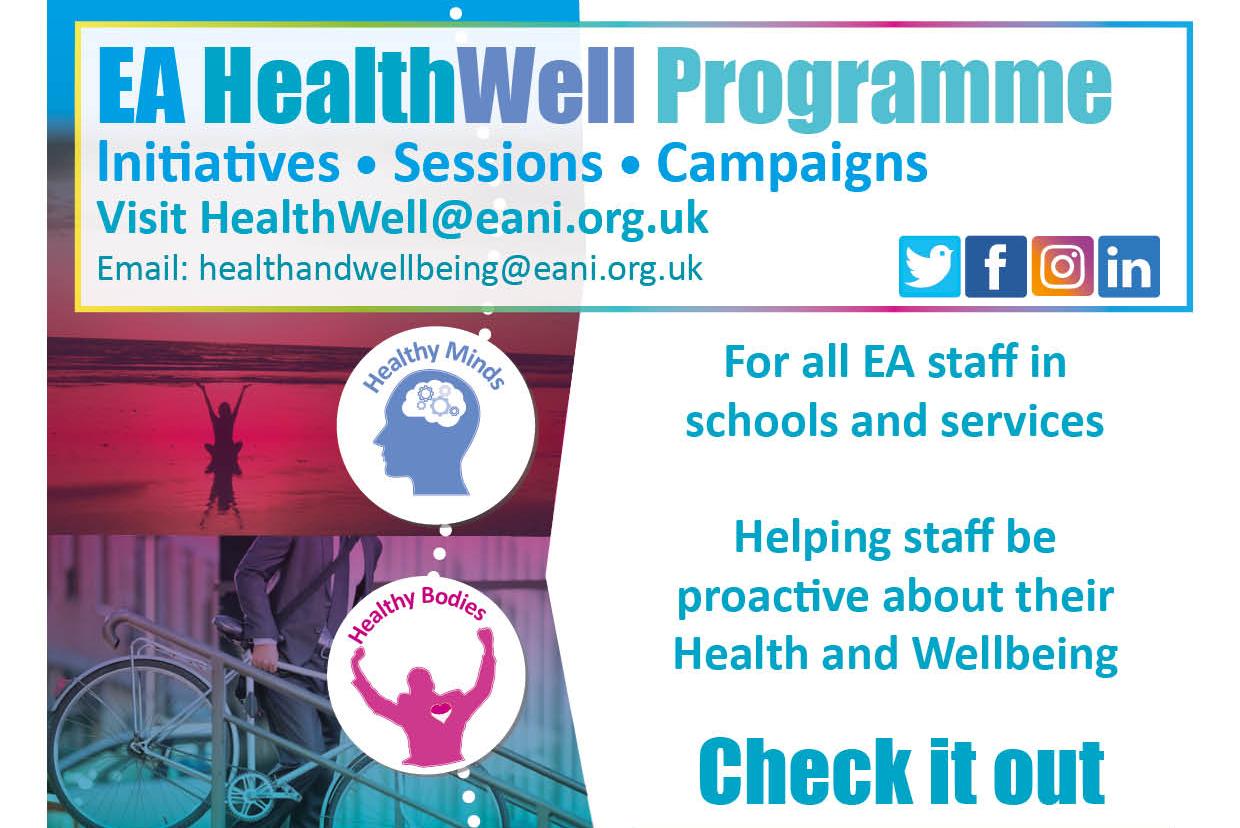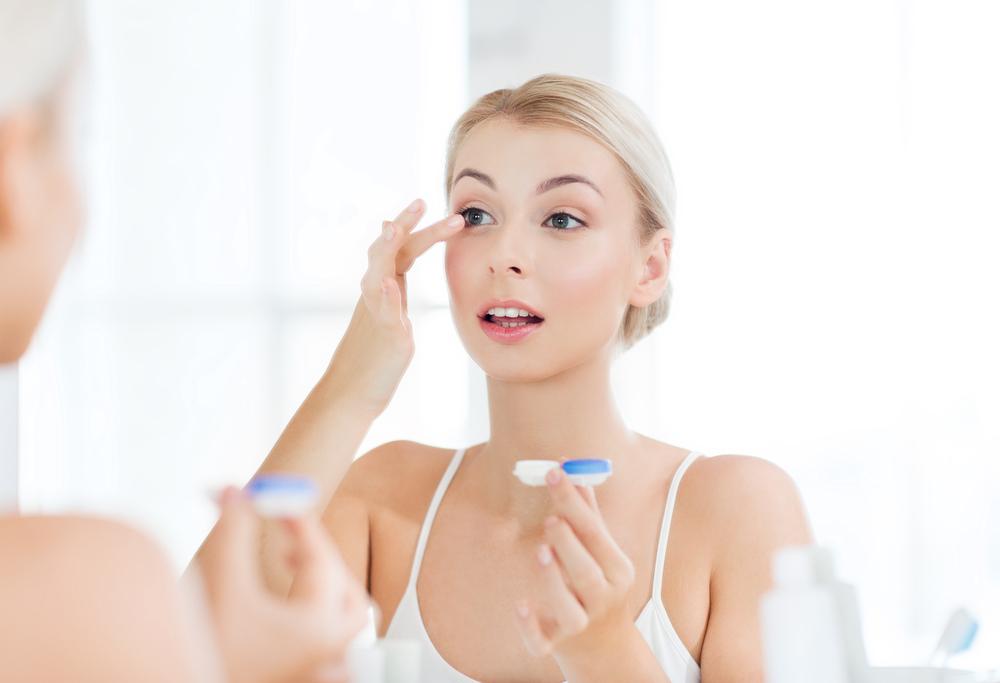Look After Your Eyes
Find out why regular eye tests (sight tests) are important and how a healthy lifestyle can help maintain good vision.
Why are regular eye tests so important?
It's easy to neglect your eyes because they often do not hurt when there's a problem. Having an eye test will not just tell you if you need new glasses or a change of prescription – it's also an important eye health check. An optician can spot many general health problems and early signs of eye conditions before you're aware of any symptoms, many of which can be treated if found early enough.
How often should I have an eye test?
The NHS recommends that you should get your eyes tested every 2 years (more often if advised by your ophthalmic practitioner or optometrist).
What should I do if I notice a change in my sight?
Visit your opticians or GP if you're concerned about any aspect of your vision at any time.
Are some people more at risk from eye disease than others?
Some people are more at risk. It's particularly important to have regular eye tests if you're:
- older than 60
- from a certain ethnic group – people from African-Caribbean communities are at greater risk of developing glaucoma and diabetes, and people from south Asian communities are also at greater risk of developing diabetes (diabetic retinopathy, where the retina becomes damaged, is a common complication of diabetes)
- someone with a learning disability
- from a family with a history of eye disease
What about my child's sight?
Children often do not complain about their sight, but they may show signs of being unable to see properly. Things to look out for include:
- sitting close to the TV
- holding objects very close to their face
- blinking a lot
- eye rubbing
- one eye turning in or out
If you think your child is having any sort of sight problems, take them to an opticians for further investigation. Children do not have to be able to read letters to have their eyes examined.
What else can I do to look after my eyes?
Give up smoking
Smokers are much more likely to develop age-related macular degeneration, which is the most common cause of sight loss in the UK, and cataracts than non-smokers.
Drink within the recommended limits
Heavy alcohol consumption may increase the risk of developing early age-related macular degeneration. To keep health risks from alcohol to a low level:
- men and women are advised not to drink more than 14 units a week on a regular basis
- spread your drinking over 3 or more days if you regularly drink as much as 14 units a week
- if you want to cut down, try to have several drink-free days each week
Protect your eyes from the sun
Getting out in the sun is important for your general health, but you need to protect yourself. Never look at the sun directly, even when something exciting such as an eclipse is happening. Doing so can cause irreversible damage to your eyesight and even lead to blindness. Several studies also suggest sunlight exposure is a risk factor for cataracts.
Wearing a wide-brimmed hat or sunglasses can help protect your eyes from UV rays. The College of Optometrists recommends buying good-quality dark sunglasses – these needn't be expensive.
Look for glasses carrying the CE mark or the British Standard BS EN ISO 12312-1:2013, which ensures they offer a safe level of ultraviolet protection.























































